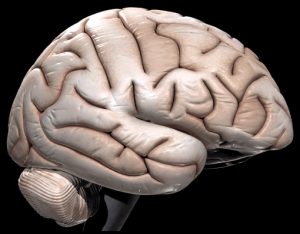Money, Language Barriers Obstacles to Brain Injury Care
By Jennifer Ball

Brain injury care is limited for people with language barriers and low income. (Flickr / Creative Commons / Brain)
Children with language barriers and limited income face more challenges in receiving brain injury care, according to a new study in the American Journal of Physical Medicine & Rehabilitation. The study, entitled “Availability of Outpatient Rehabilitation Services for Children After Traumatic Brain Injury: Differences by Language and Insurance Status,” analyzed data from a group of about 80 children with moderate to severe brain injury and rehabilitation providers in Washington State.
Rehabilitation in the wake of a brain injury is very important, but some children don’t receive the optimal amount of care.
Dr. Megan Moore, lead author and assistant professor at the University of Washington School of Social Work, believes in the vitality of rehabilitation services for children with traumatic brain injury. “This study highlights the limited availability of key rehabilitation services for children with traumatic brain injury who need language services and have Medicaid insurance,” Dr. Moore said in our interview with her. “Rehabilitation services are very important for optimal recovery, especially for children with moderate to severe head injuries.”
The researchers found that less than 20 percent of providers accepted Medicaid and provided language interpretation. Only eight percent provided mental health services, the most limited service.
Children who spoke Spanish had to travel greater distances to get treatment for their brain injuries. The mean was 16 additional minutes to mental health services, and nine additional minutes to other therapies.
Forty-six percent of providers accepted Medicaid. The children with Medicaid instead of private insurance had access to fewer services.
Considering the importance of outpatient rehabilitation services, it is vitally important that hospitals coordinate effective outpatient care.
“We think this study is important because it highlights the need for innovative service strategies that assist children to connect to needed outpatient services and also highlights the need to address structural barriers to access through policy innovation,” Dr. Moore said.